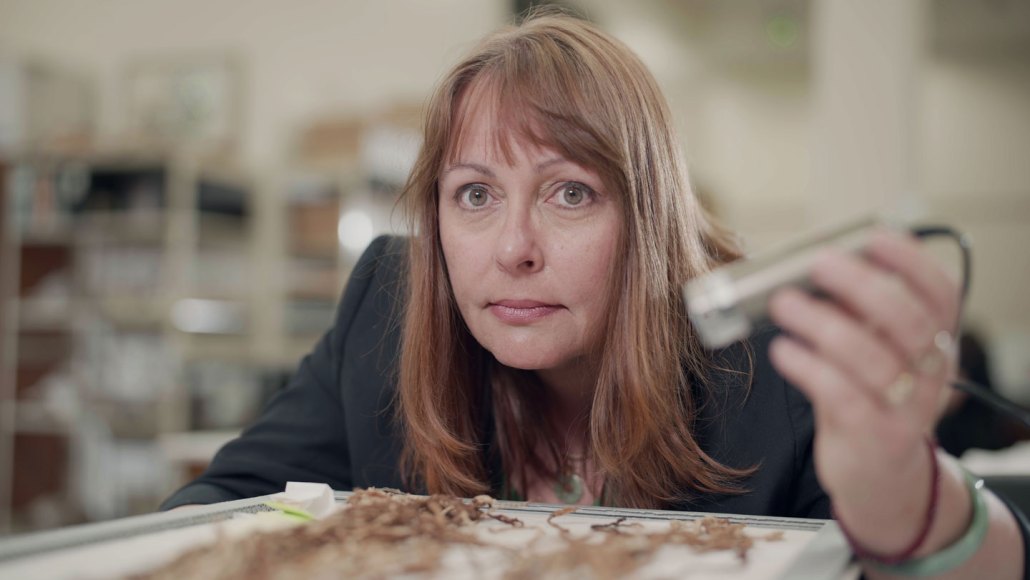
Archaeology
Knotted strands of 500-year-old hair tell a surprising story
Used in a device called a khipu, the hair reveals the owner’s simple diet. Those data now suggest that in Incan society, even some commoners kept records.
Come explore with us!

Used in a device called a khipu, the hair reveals the owner’s simple diet. Those data now suggest that in Incan society, even some commoners kept records.

Microplastics made from fossil fuels take centuries to disappear. But the plant- and algae-based plastic can break down in weeks to months.

Inspired by Lego building blocks, the approach could enable design of adaptable tools to study how fluids move through very small spaces.

When dipped in indican and exposed to sunlight, yarn turns a deep blue. This process is more eco-friendly than the current denim dyeing method.

Scientists have been trying to understand and harness this material’s superpowers since its discovery in 2004.

DNA machines and protein-mimicking nanotech could replace broken machinery in cells or even lead to made-from-scratch synthetic life.

Researchers in Sweden coaxed wood to conduct electricity, then used it to make a climate-friendlier building block of electronics.

Scientists made a device that converts the greenhouse gas into formate. This salt can then run a fuel cell to make electricity.

Offshore wind farms cost more than onshore ones. But their ability to make ‘green’ hydrogen and capture carbon dioxide could help this wind power pay off.

To slow global warming, we’ll need help from CO2-trapping materials. Enter MXenes. They’re strong and reactive — and they love to eat up CO2.